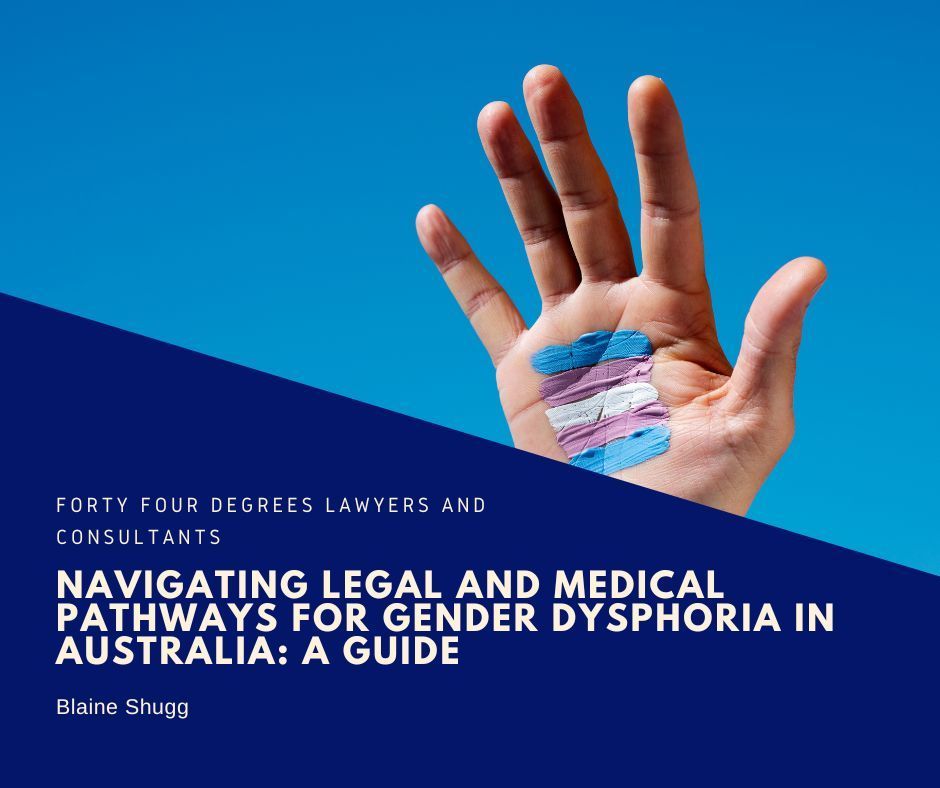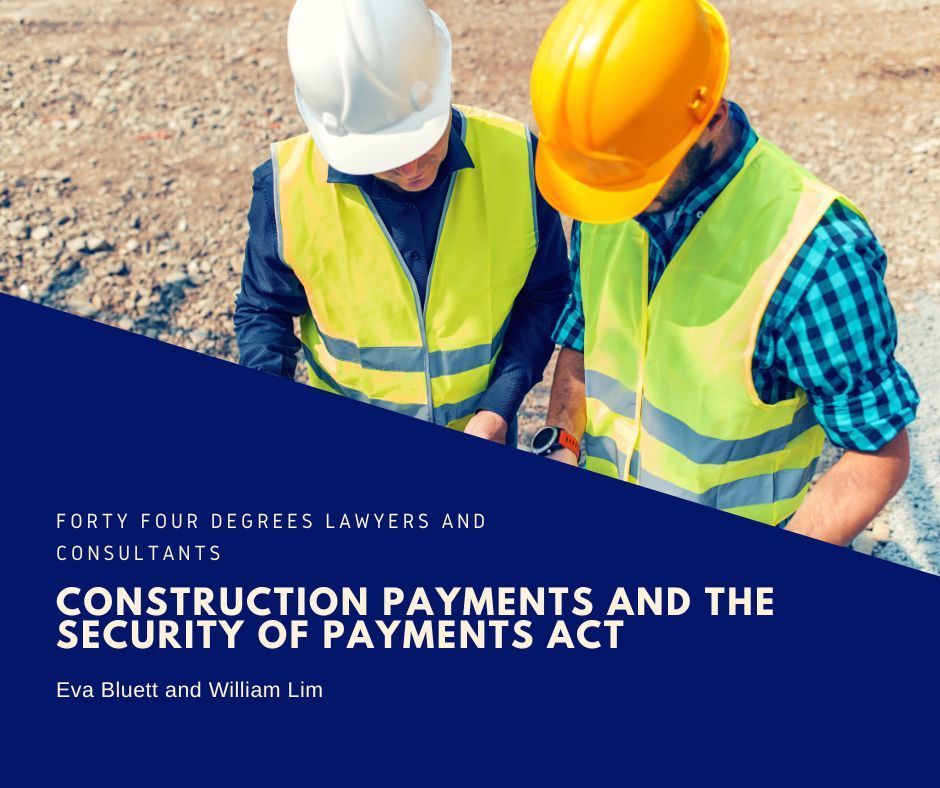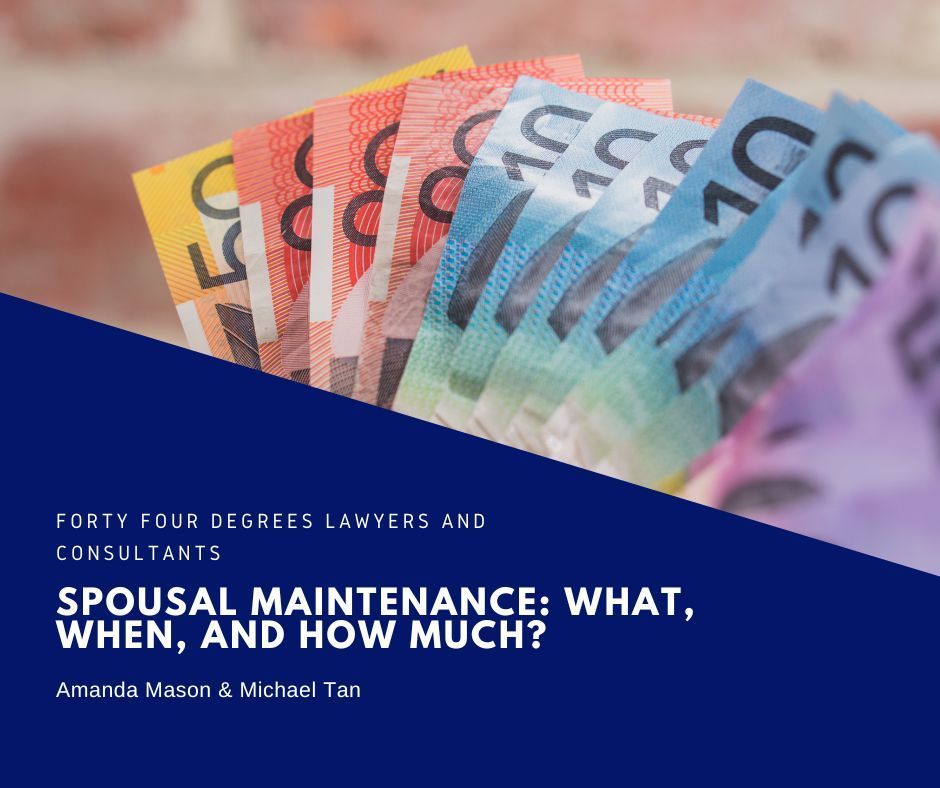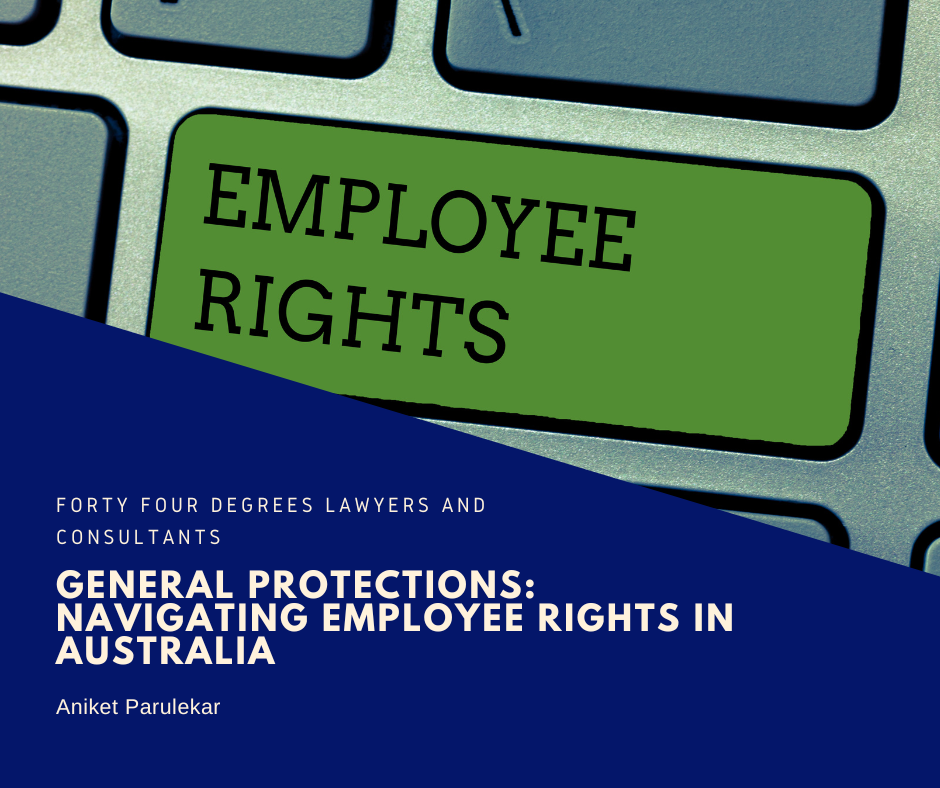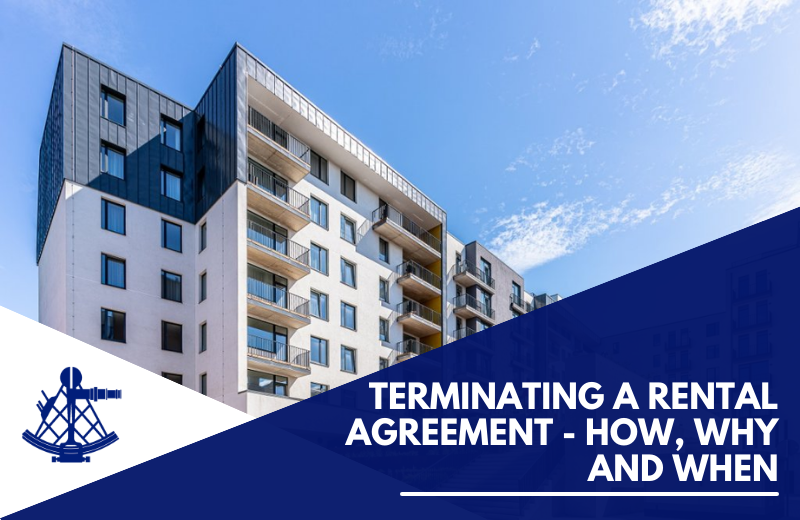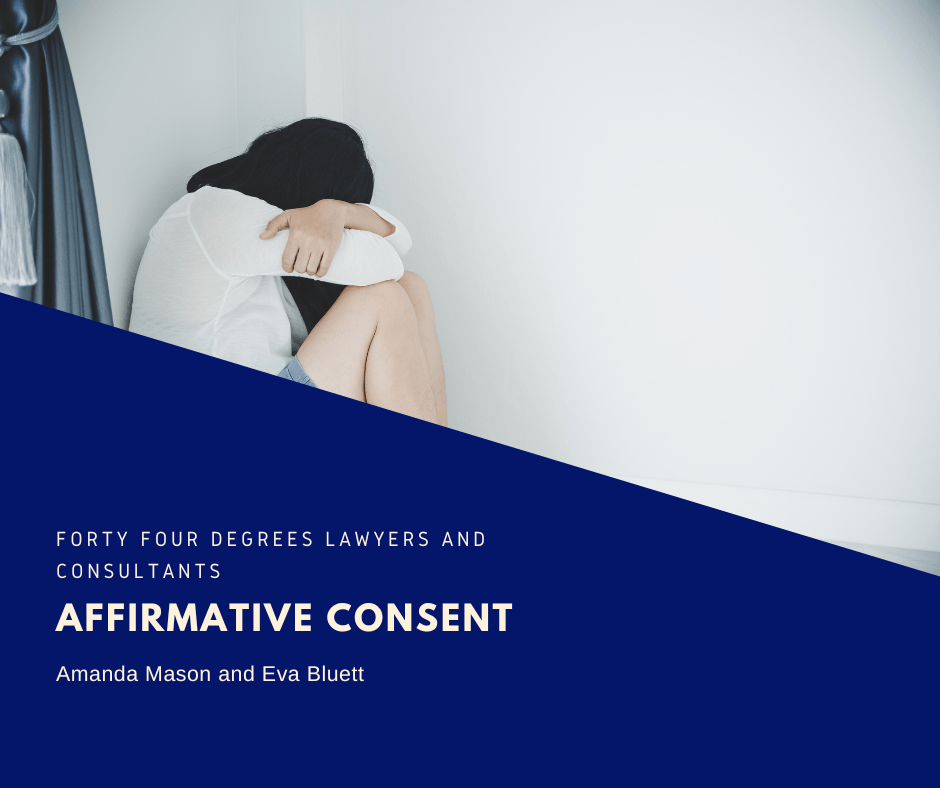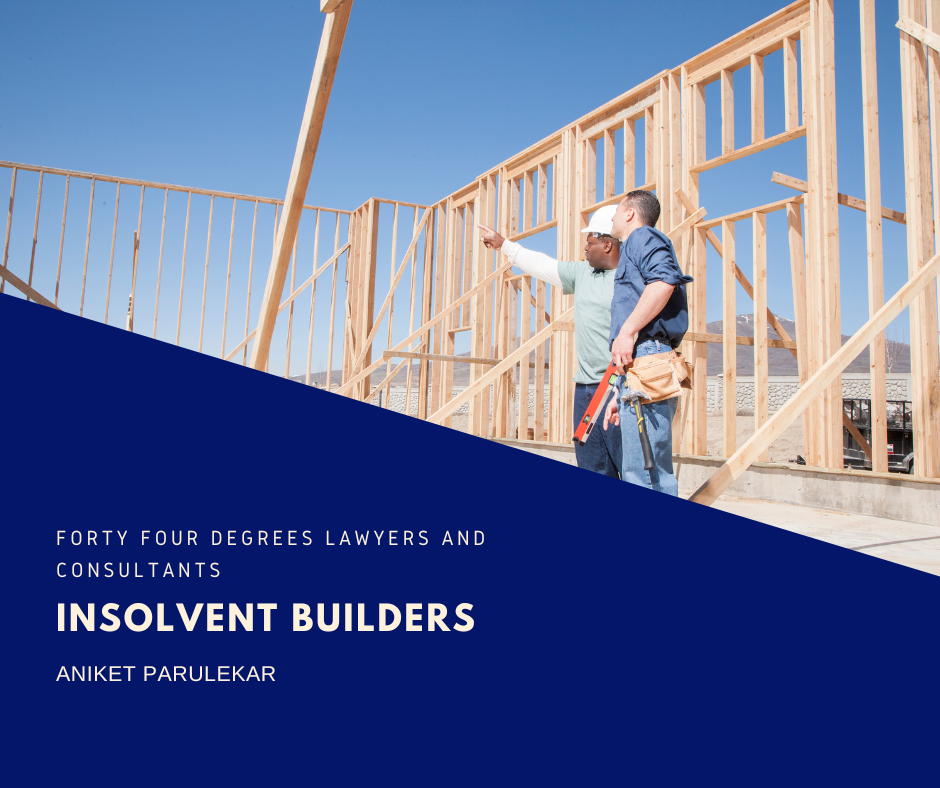Legal Update for Tenants and Landlords
Celine Bodera • Apr 05, 2021
The recent changes you need to know about
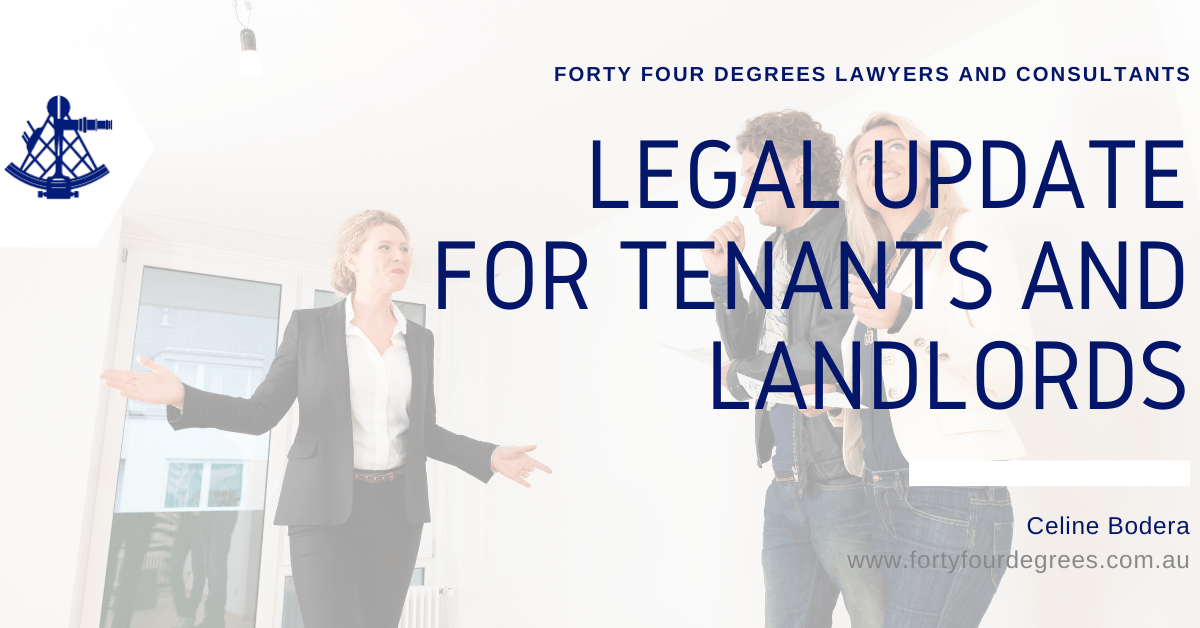
On 29 March 2021, new rental laws came into effect in Victoria. If you are a renter (formerly called “tenant”) or a rental provider (formally called “landlord”), it is important that you become familiar with the new laws and how they impact your rights and responsibilities.
The changes to the rental rules are sweeping (130 in total) and include:
- An expanded definition for “urgent repairs”
- The introduction of “minimum standards” for rental properties
- A new process for repeated late or non-payment of rent
- The requirement for a valid reason to end a rental agreement
- Renters can make some modifications to the rental property
Is it urgent?
Rental rules distinguish between “urgent repairs” and “non-urgent repairs”. Urgent repairs must be made within 24 to 48 hours of the renter requesting the repairs whereas non-urgent repairs must be made within 14 days of the renter requesting the repairs.
The definition for “urgent repairs” has widened to include repairs (or replacements) to broken air conditioning, broken safety devices and faults that make the rental property unsafe or insecure.
If a rental provider does not immediately respond to a renter’s request for urgent repairs, the renter may undertake repairs worth up to $2,500 and be entitled to receive a reimbursement from the rental provider.
Importantly, it remains the case that renters must continue to pay rent in accordance with the rental agreement while they are waiting for repairs to be made. If a renter wants to withhold rent from the rental provider until repairs are made, the renter can apply to VCAT for their rent to be temporarily paid into a special account held by VCAT.
Rental “minimum standards”
Rental properties must now meet minimum standards with respect to the following 14 categories: locks, bins, toilets, bathrooms, kitchens, laundries, structural soundness, mould and damp, Electricity safety, window coverings, windows, lighting, ventilation and heating.
If a rental property fails to meet the minimum standards, renters can end the rental agreement before moving in without incurring a penalty or move in and request “urgent repairs” to bring the rental property up to minimum standard.
5 strikes and they’re out*
Late or non-payment of rent entitles a rental provider to issue the renter with a notice to vacate the rental property within 14 days. Each notice to vacate issued to a renter counts as one “strike”.
To avoid being evicted, a renter can pay unpaid or overdue rent within the notice period. However, this option to invalidate a notice to vacate can be exhausted.
A renter can only invalidate up to 4 notices to vacate issued to them in a 12-month period. This means that, when after five “strikes”, a rental provider can apply to VCAT for a possession order regardless of whether the renter pays their unpaid or overdue rent within the notice period. A possession order enables a rental provider to purchase a warrant to forcibly evict a renter.
*A renter may not be evicted if the eviction would be unreasonable and disproportionate.
No reason to go is a reason to stay
Previously, the law permitted “no-grounds evictions”. This meant that rental providers could issue notices to vacate without any reason. This is no longer the case.
Rental providers must now provide a “valid” reason to issue a notice to vacate to a renter during, or at the end, of a rental agreement. The law provides an exhaustive list of reasons that are considered “valid”, including:
- When the renter or their visitor intentionally or recklessly causes serious damage to the property, including safety equipment and common areas
- When the renter owes at least 14 days rent
- When the renter has failed to comply with a VCAT compliance order
- When the renter has brought in other renters or sub-letters without consent
The amount of notice to be provided will depend on the reason given for the notice. The notice period can vary from immediate notice to 28 days’ notice.
Make your house a home
Renters can make some simple non-permanent modifications to their rental property without needing to obtain consent from the rental provider. Where consent is needed for a non-permanent modification, it cannot be unreasonably refused.
Some of the modifications that can be made without consent are:
- Picture hooks or screws for wall mounts, shelves or brackets in walls, provided the devices do not penetrate walls that are exposed brick or concrete
- Non-permanent window film for privacy or insulation
- Security light, alarm system or security camera that can easily be removed, is not hard wired and does not impact on the privacy of neighbours
If the modification is needed for health, safety or security, then a refusal to consent to the modification may be unreasonable.
For more information on the changes to rental laws in Victoria, access the Consumer Affairs Victoria website at this link. To read the Residential Tenancies Act 1997 (Vic), click here.
For legal advice, give us a call.
Celine Bodera
is a lawyer at Forty Four Degrees and has a generalist practice. She works in areas of family law, property, wills and estates.
Contact Us
We’re an Australian Law Firm promoting a nuanced, personal touch. We have the skills you need to resolve your case quickly and with a positive outcome. Our straight talking team stays close to simplify what is most often a complicated process. We help individuals and businesses with technology and startup law, property law including conveyancing and leasing, commercial law, civil litigation, wills, estates, bankruptcy, insolvency, criminal law, and professionals facing investigations and charges from their regulatory body.
We have a connected network of talented lawyers in Melbourne CBD, Dandenong, Ballarat, and Ivanhoe East.
Fill out the form or call us on 1300 892 237.
Thank you for contacting us.
We will get back to you as soon as possible
We will get back to you as soon as possible
Oops, there was an error sending your message.
Please try again later or call us on 1300 892 237.
About Us
We do business your way.
203/ 50 Market St, Melbourne VIC 3000
50 Lydiard St South
Ballarat Central VIC 3350

